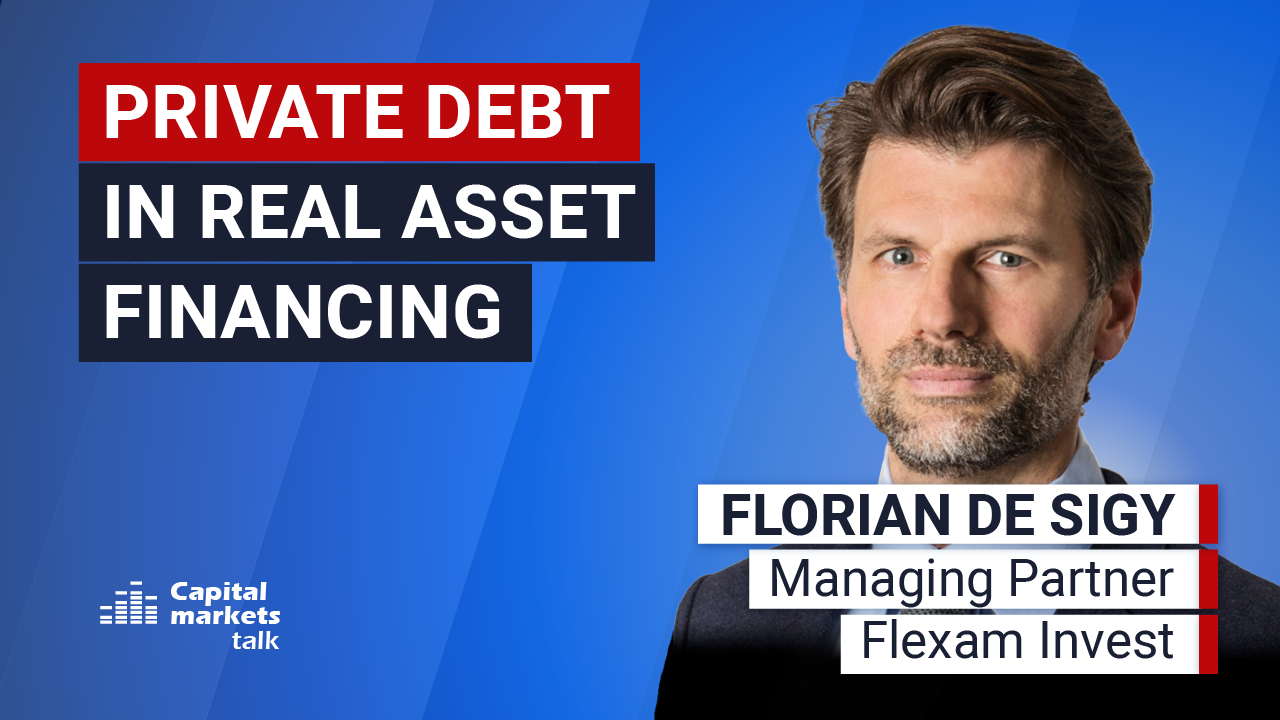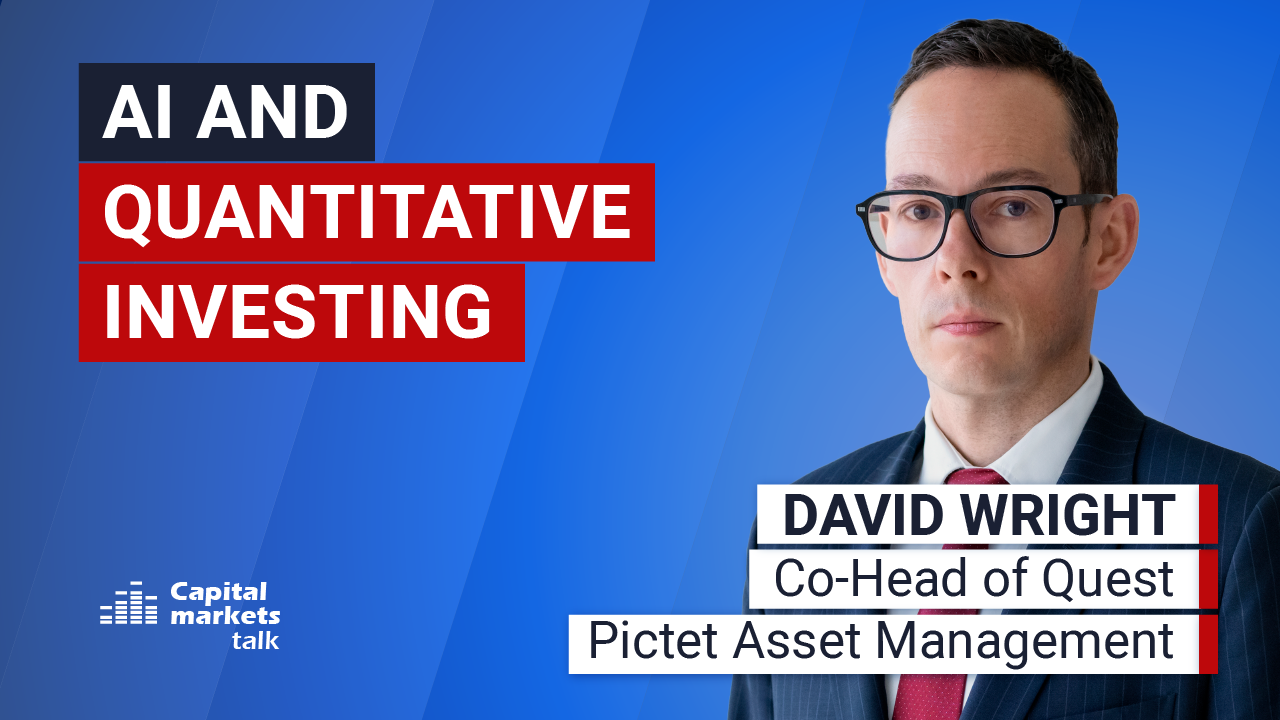The default rate for European high-yield (EHY) bonds is expected to be 1.4% for the next 12 months and 3.7% for the next 24 months, as per Columbia Threadneedle. According to the asset manager, its headline forecast for the asset class remains unaltered from October last year but now is ‘moderately worse’ in the longer term.
“This compares to a trailing 12-month default rate (to December 2022) for EHY of 0.4%, according to JP Morgan, and a recent peak through the Covid-19 pandemic of 6.9%,” writes Tom Southon, Senior Analyst, High Yield at Columbia Threadneedle.
There are mainly five reasons behind this projection of default rates for European high-yield bonds, as per Southon. The first is the fact that the German real estate group Adler’s restructuring plan has reduced default risk. Second, the energy prices in Europe are less volatile than last year.
The third and fourth reasons include an increase in the availability of improved and alternate financing sources. Finally, for the fifth reason, Southon discusses how the approaching 2025 maturity wall has increased the asset manager’s default predictions for the next 24 months.
Looking at sectors, Southon sees the Technology, Media and Telecom (TMT) and Utilities sector in Europe as a safe-haven for investors. “This is partly driven by inherently stable/non-cyclical business models, and there is also a favourable mix effect in terms of hybrid and/or large-cap issuers with well-termed ‘out’ structures,” writes Southon.
Furthermore, Southon argues that consumer spending risks, as well as shorter-dated or over-leveraged capital structures continue to harm Europe’s leisure and transportation industries. On real estate, he claims that the sector is driven by idiosyncratic factors. And a reduced default expectation of high-yield bonds in the sector is entirely due to Adler’s restructuring plan.
Regarding the automobile sector, the asset manager said: “…headwinds largely compensated by strong balance sheets. Easing supply chain and inflation-led concerns this year are offset by concerns over discretionary spend pressure.”
Finally, Southon speaks about the refinancing pressures in Europe’s retail sector. “The sector saw a material increase in default rate expectations… due to two issuers…fuel retailer EG Group, and French supermarket group Casino,” said the asset manager.
Access the full insight here.
Read more

Global Trade
Trump ignites global trade war / Reactions
The USA itself will be the victim of Trump’s trade policy.

Private Debt
The case for private debt in real asset financing
What makes the combination of private debt and real assets particularly compelling in today’s market?

Schroders
Looking ahead: 30-year return forecasts
Higher returns are expected across asset classes, driven by stronger productivity growth for equities and elevated long-term central bank rate projections for bonds.

Quant Investing
AI and quantitative investing
Artificial intelligence applications go way beyond stock selection.

Bellevue Asset Management
Demographics and AI drive MedTech stocks
MedTech investment case: What makes it attractive, which trends stand out?





















